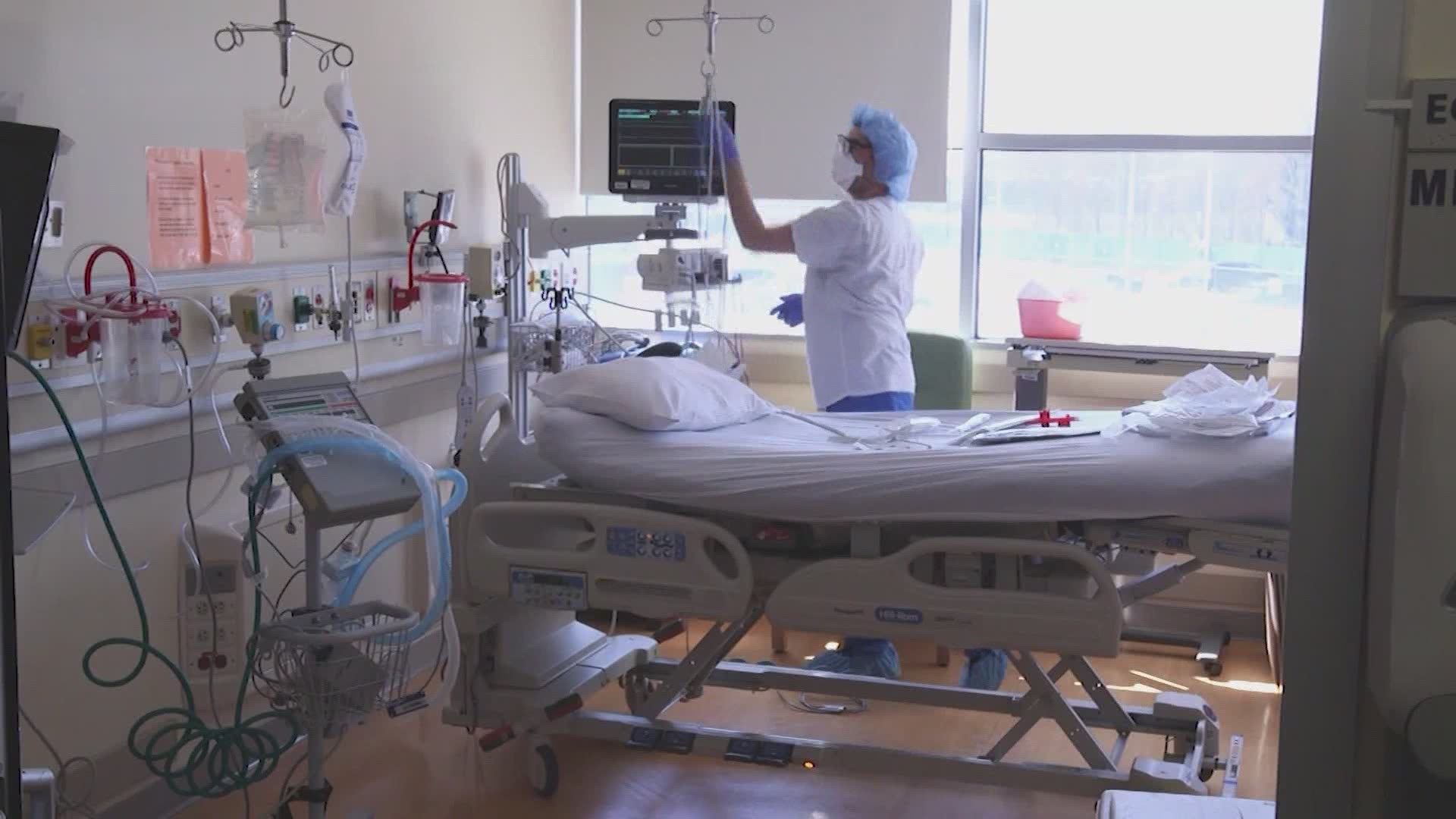HOUSTON — Most children who get COVID-19 show mild or no symptoms. However, some develop a rare inflammatory disease called MIS-C weeks after testing positive.
A study released by the CDC shows more than 1,700 children in the U.S. have been diagnosed with Multisystem Inflammatory Syndrome in Children. The majority, 58%, ended up in intensive care.
“Across the country what we’re seeing, with respect to patients with MIS-C, the majority of kids had no COVID symptoms before developing MIS-C later, but they obviously got infected,” said Dr. Michael Chang, a pediatric infectious disease specialist with UTHealth.
Health officials don’t know why some kids get the rare syndrome when the vast majority are unaffected by the coronavirus.
Dr. Chang says their immune systems may have a delayed over-reaction to the virus. That explains why MIS-C spike two to five weeks after a surge in COVID-19 in a community, according to the CDC study.
Researchers also found children in minority groups made up more than 70% of cases.
“Black and Latinx adolescents are at the highest risk of developing MIS-C. We’re not sure why that is, but that is an observation that has been consistent across the country,” Dr. Chang said.
He said several kids in Houston were diagnosed with the illness in February after the holiday spike in COVID cases.
“What we do know is it does tend to affect older kids more. This 12 to 15 year age group is affected more than younger kids. Potentially another reason to get vaccinated,” Dr. Chang said.
Pfizer has already submitted data to the FDA asking for emergency use authorization for its vaccine for children 12 years old and older. Moderna and Johnson & Johnson also have adolescent clinical trials underway.

